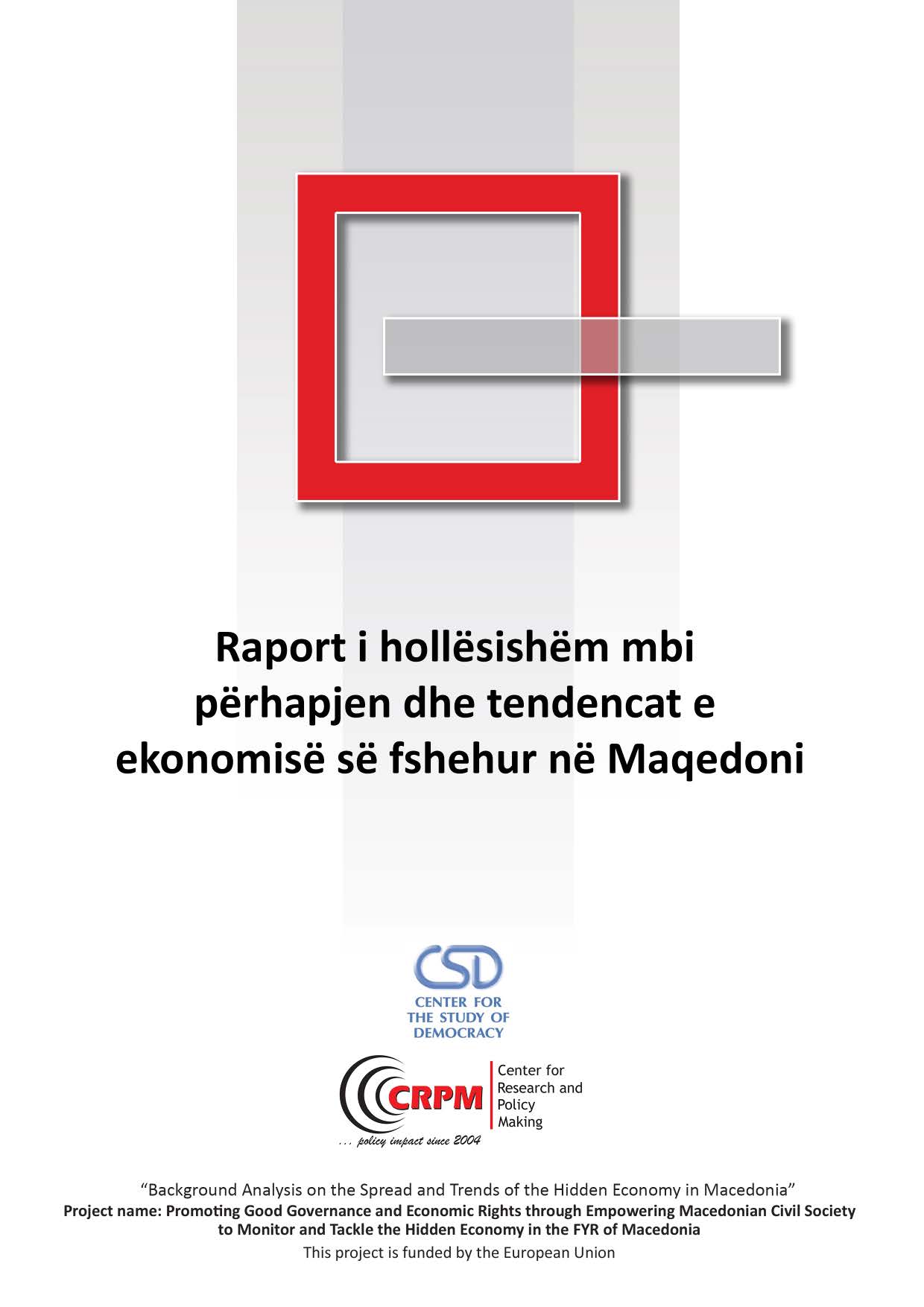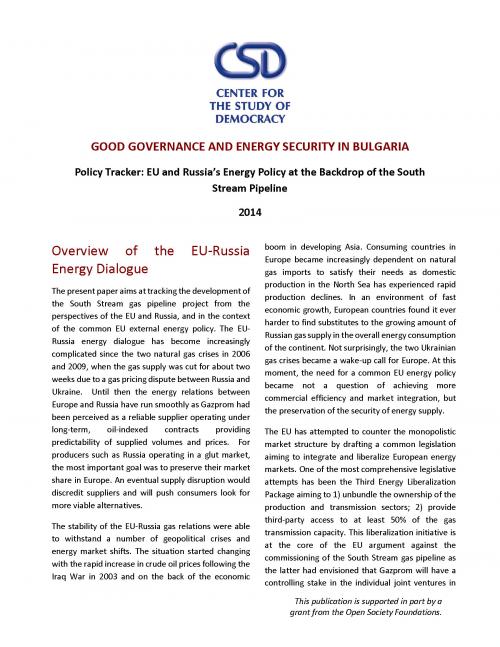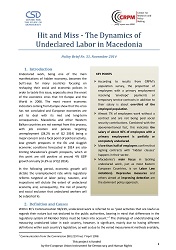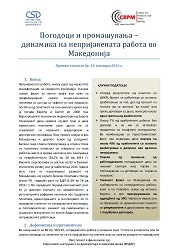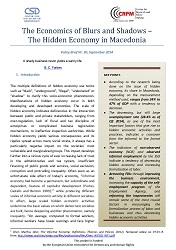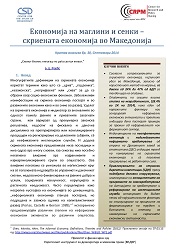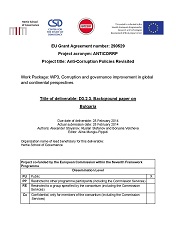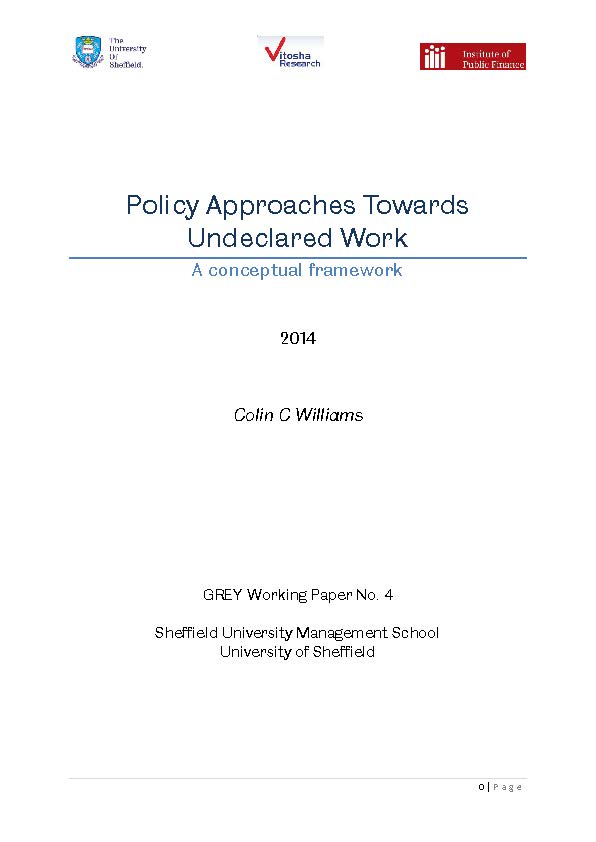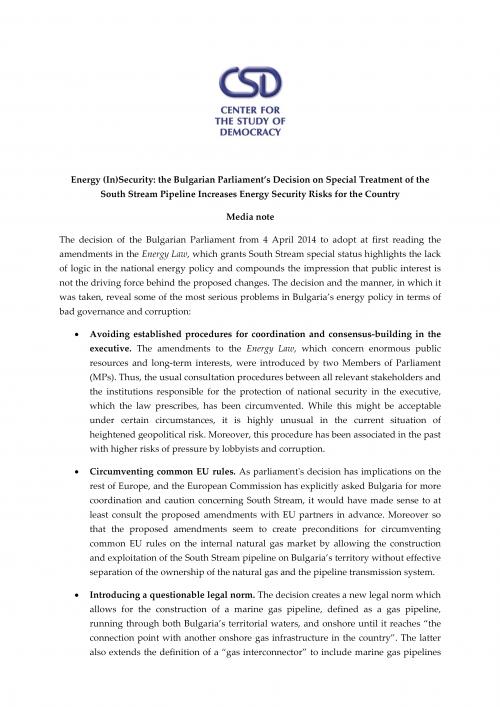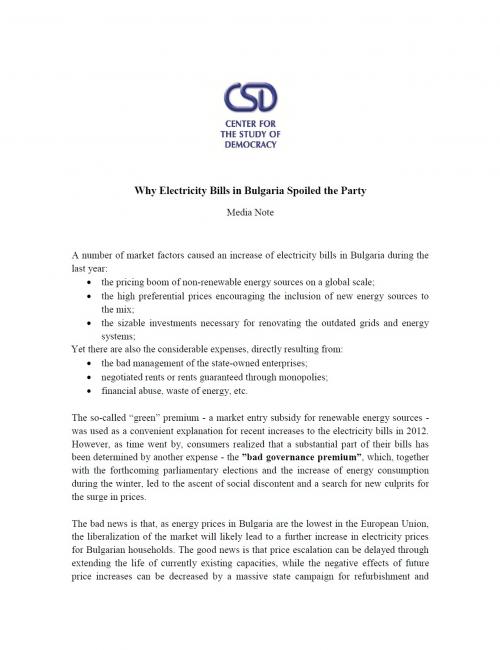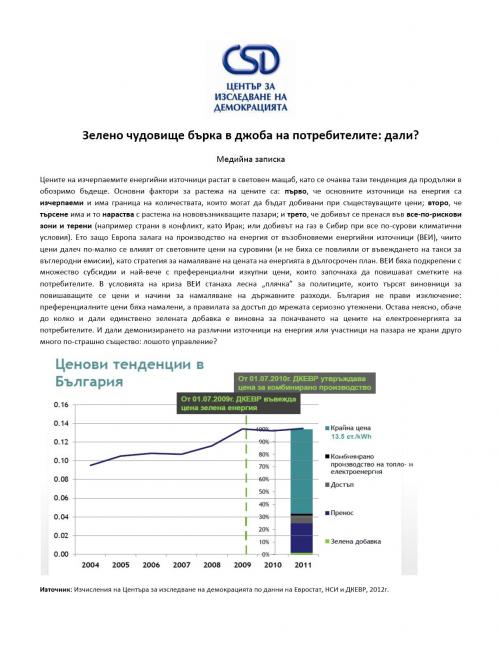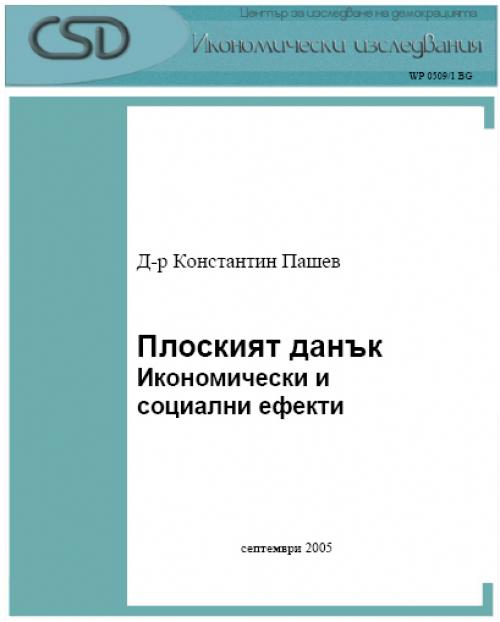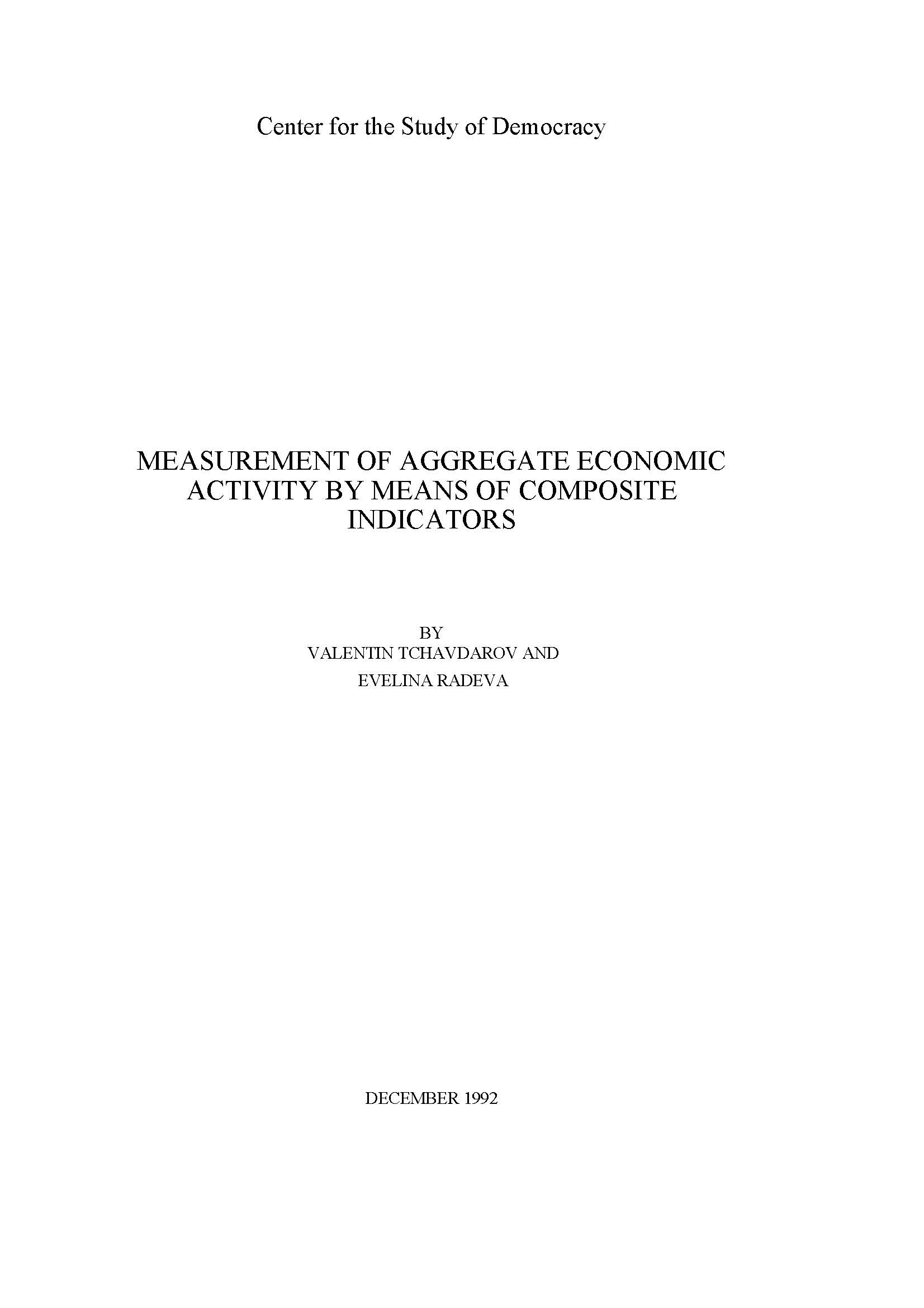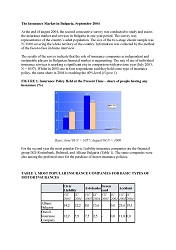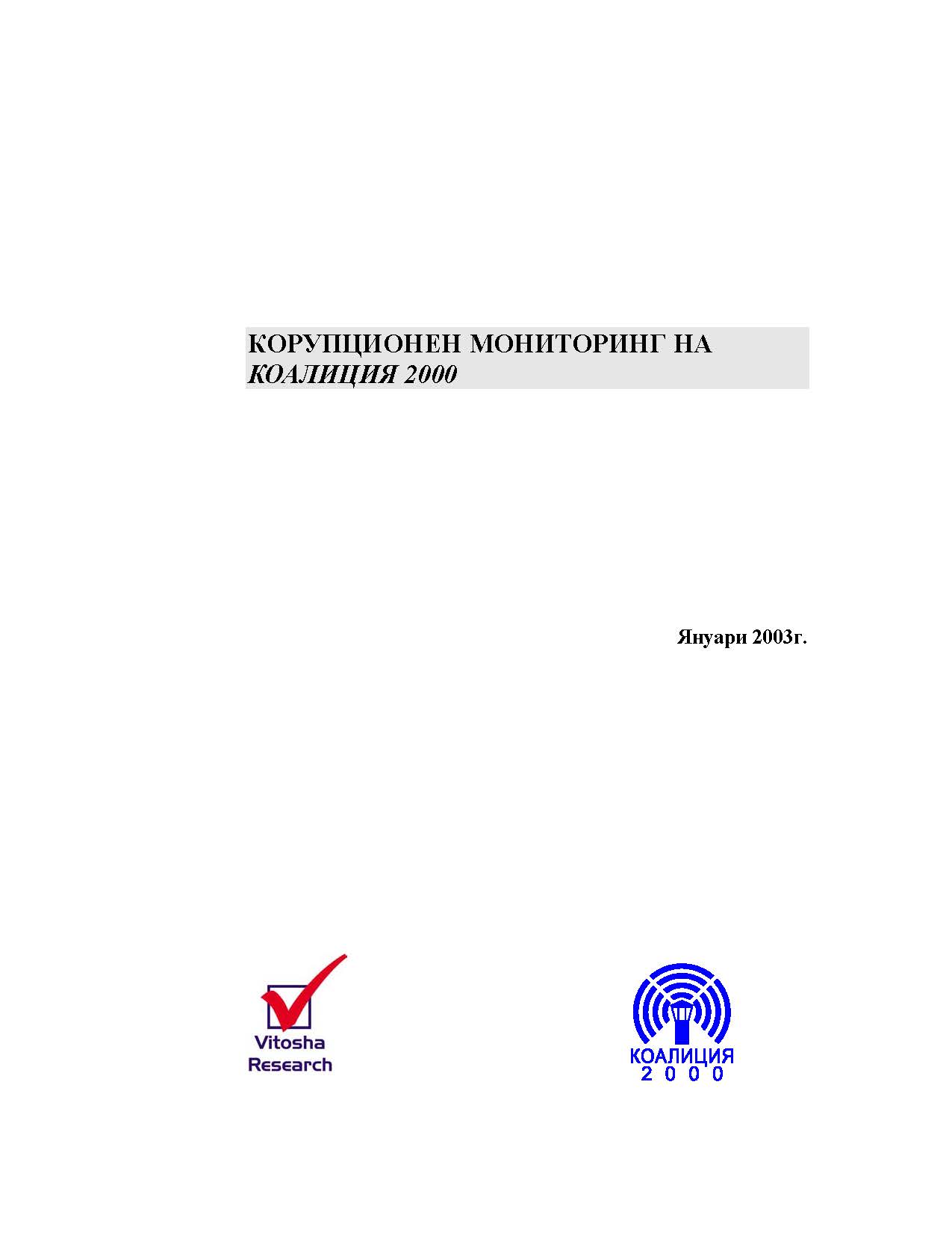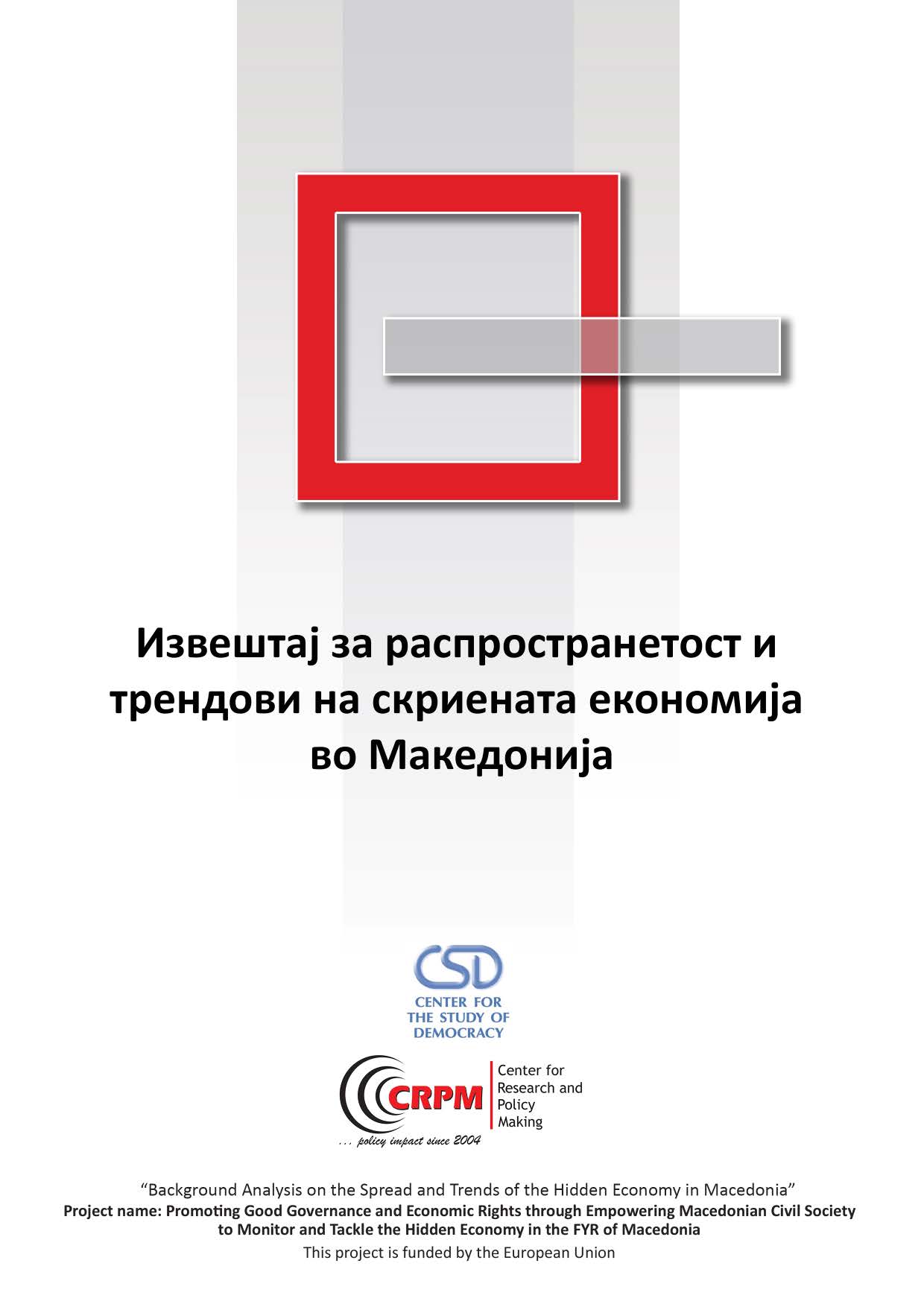
Извештај за распространетост и трендови на скриената економија во Македонија
Blamed for many of the country’s problems, but at the same time under-researched and ineptly understood, the hidden economy phenomenon has, for many years, been insufficiently tackled by Macedonian academic and political elites. During the past few years, a renewed interest in the topic has led towards its more systematic treatment by institutions, but still largely based on approximations, lack of coordination between institutions and under-evaluation of policy measures. This treatment of the problem opens the floor to many speculations regarding the effectiveness of policies and their actual impact on reducing the size of hidden economy. The analysis, prepared by the Center for the Study of Democracy and the Center for Research and Policy Making (CRPM), involves a review of existing reports and data on the hidden economy in Macedonia as well as the available international sources. It reviews the current policy initiatives and whether these have been evaluated, as well as any planned future initiatives. The document aims to address some of the key issues through representing cross-section of existing data on the hidden economy in Macedonia and relevant policies, with the intention to review and summarize the knowledge-base on the issue and provide recommendations for better tackling the problem.
More...
